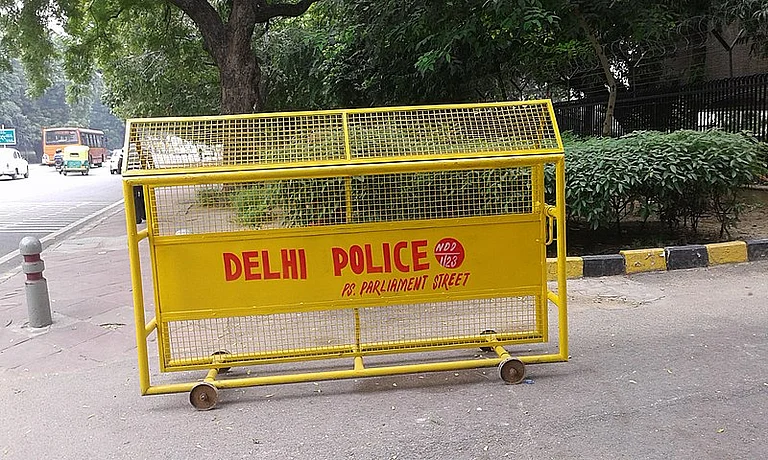But I can say, with hand on my heart, that this is the kind of book I like to read. It is not overly long, and written in plain English. It is easy to read and clear in its arguments, even funny, if you catch his digs at the working of government and Parliament. As an insider, Bimal is concerned about our politics, governance and delivery system.
Take coalition governments. They are here to stay since the 1996 election. Bimal is concerned at the trend: small parties holding power out of all proportion to the number of MPs they have, exercising power in almost whimsical ways, paying little attention to the collective responsibility of the cabinet. In 1996, conventional wisdom decried coalition governments. Single-party rule, everyone believed, was the only way to stop things falling apart. But as CEC, I felt it was not logical to have a billion people ruled by a single party. Coalitions gave more meaning to federal India. Indians were clever, and would learn to run them, as well as Scandinavians, Chileans, Israelis and the Swiss. The future, I believed, would be a left of centre group led by the Congress, fighting the right of centre, led by the bjp. This has started happening. The nda lasted its full term, and the current upa government is well on the way to doing so. I agree that the little parties have more than their share of ministries, and cabinet responsibility needs to be tighter. But I’m confident this will happen, sooner or later.
He is also concerned over India’s security situation. With law and order being a state subject, and one-third of India’s districts struggling with the Naxalites, he finds the current management unsatisfactory. He wants states to deal with routine law and order, leaving the Centre to tackle pan-Indian police problems like terrorism. He is also inclined to reduce political authority over the police, and give it over to boards of non-elected people. This is in line with the SC’s directions. I would be careful about this. These boards would have power without responsibility. It won’t necessarily lead to better management, but could reduce the powers of democracy.
The third point which worries him: disparities between India and Bharat, rural and urban, are widening. Never mind the growth rates, India continues to rank lowest in all human development indices—birth, death, poverty, corruption, deforestation or pollution. No one disagrees. The current political debate is about these concerns. One can only hope that it will be addressed sooner than later. We are becoming a sensex people, rather than a sensitive people. Gandhi’s India won’t tolerate this, no matter what the economic argument.
Another major issue he addresses is the state of the judiciary, and its relationship with the executive and legislature under the Constitution. Last Sunday, in an annual conference of all three wings, both the prime minister and the chief justice addressed these concerns. Mutual wisdom, they agreed, will lead to solutions. Certainly, there’s worry that the judiciary is encroaching into the other two’s domain, almost using the Pakistan argument, the doctrine of necessity, for better governance. We have had the serious matter of the appointment of the Punjab and Haryana High Court CJ, and now we read of a CJ to be sent to Chhattisgarh instead of Kerala. The concerns of the executive and the President seem not to have carried any weight. We all admire the judiciary’s achievements, and Bimal leans towards them. But I do say this: it’s not possible in a democracy to self-appoint, self-check, and not share the findings with citizens. It’s clear that all good democracies function differently. We the people gave ourselves a Constitution, not to any one organ of the state to run for us. Nor do I think Gandhi’s vision of a free India was to leave everything to the magistrates to manage for us.
There is plenty more in this book of thoughtful analysis that needs to be read by all, especially parliamentarians.

























